Indigenous Governance Database
Laws and Codes
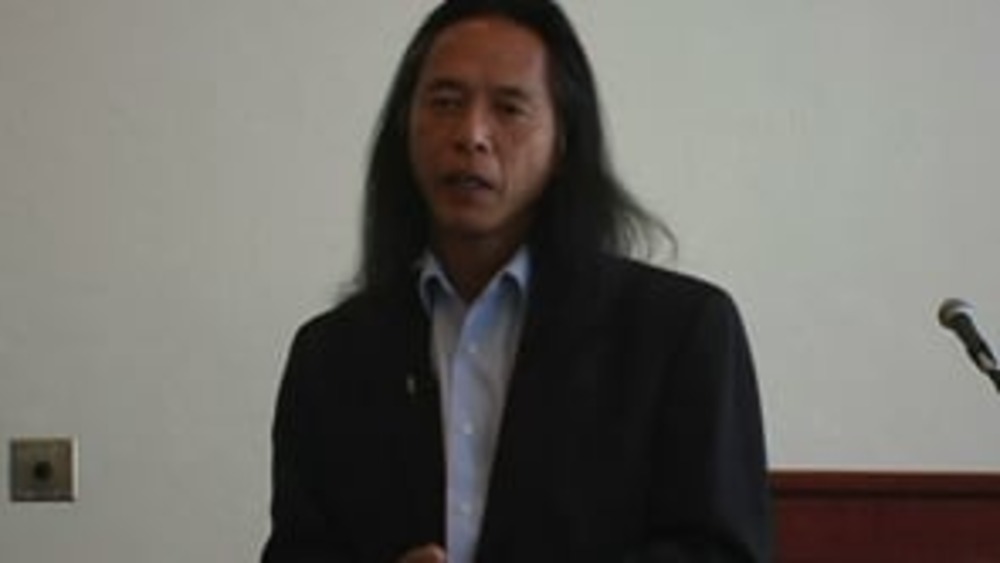
Ron His Horse Is Thunder: The Keys to Effective Governance and Economic Development: Predictability and Sustainability
Former Chairman of the Standing Rock Sioux Tribe Ron His Horse Is Thunder discusses why predictability and sustainability are so critical to effective Native nation governance and economic development.
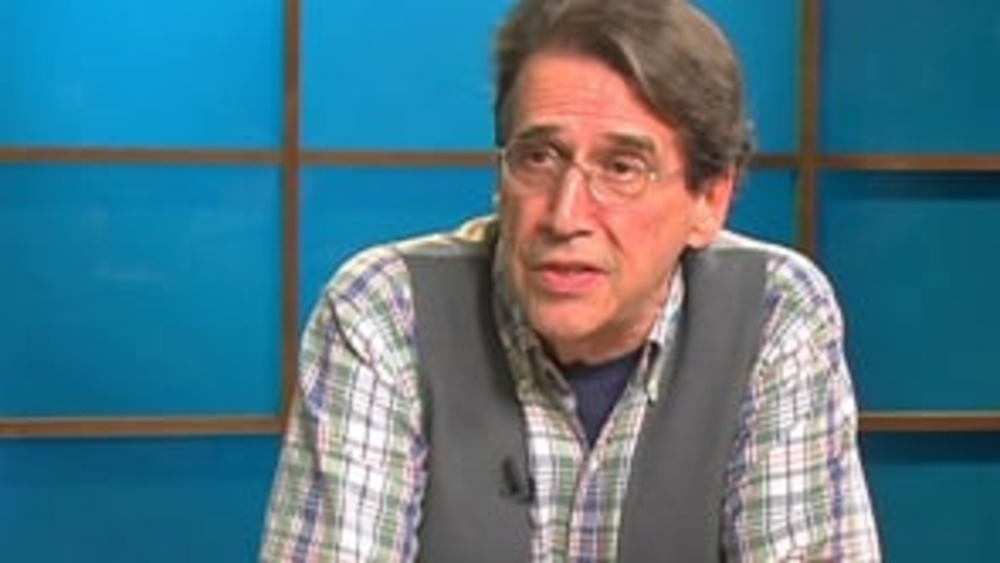
From the Rebuilding Native Nations Course Series: "Giving the Justice System the Support It Needs"
Native leaders and scholars share some critical ways that Native nations can support their justice systems to ensure their effectiveness.
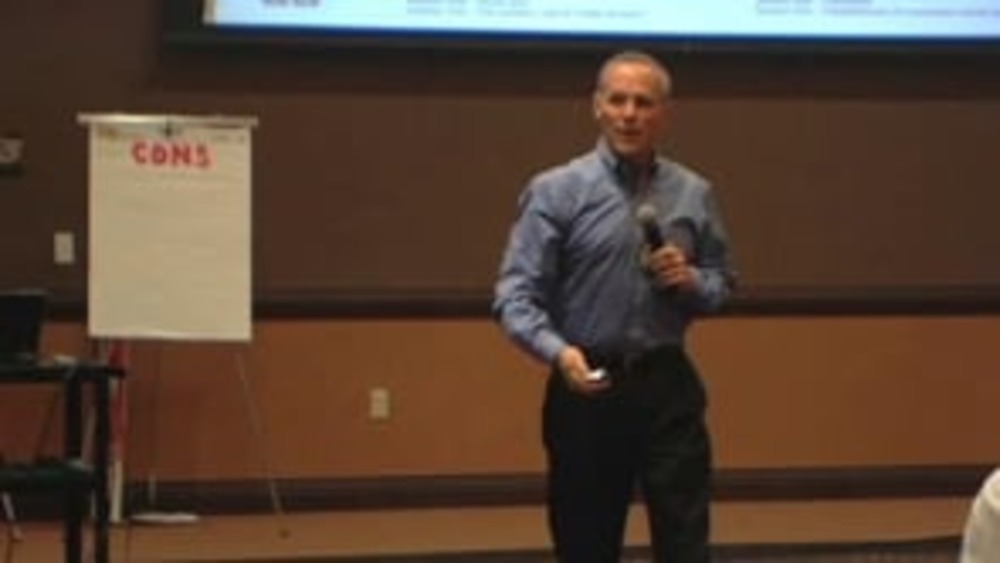
Joseph P. Kalt: Sovereignty: Your Best Tool for Development
Harvard Project on American Indian Economic Development Co-Director Joseph Kalt share some innovative ways that Native nations have exercised their sovereignty in order to foster sustainable economic and community development.
Honoring Nations: Mary Etsitty: The Navajo Nation Sales Tax
Mary Etsitty, Former Executive Director of the Office of the Navajo Tax Commission, discusses how and why the Navajo Nation sales tax was established, and how the Office of the Navajo Tax Commission works to consult and educate Navajo citizens about the need for -- and benefits of --…
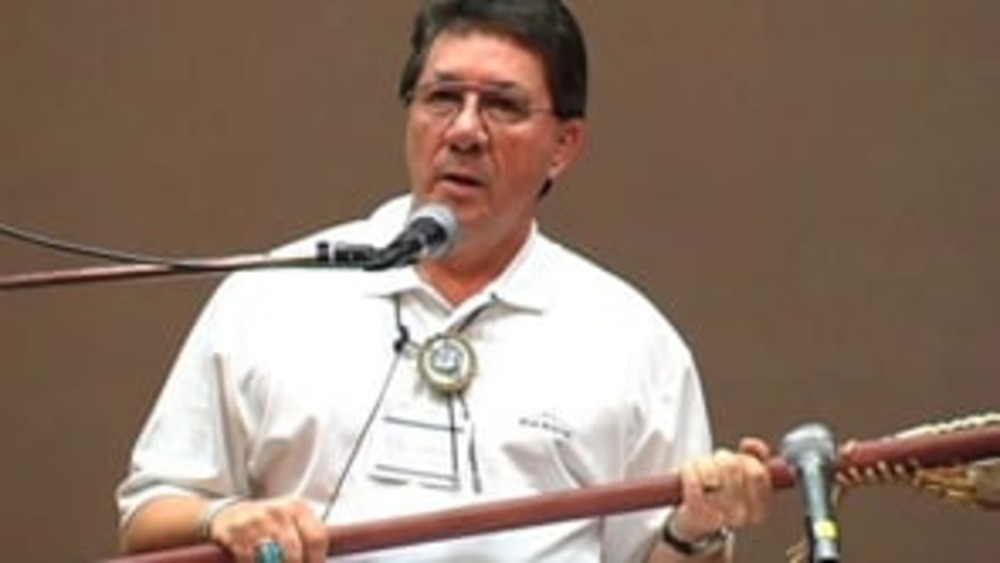
Michael K. Mitchell: Perspectives on Leadership and Nation Building
Mohawk Council of Akwesasne Grand Chief Michael K. Mitchell discusses the Akwesasne Mohawk's effort to regain control over their own affairs, and offers his advice to leaders who are working to regain jurisdiction over their lands and resources as well as rebuild their nations.
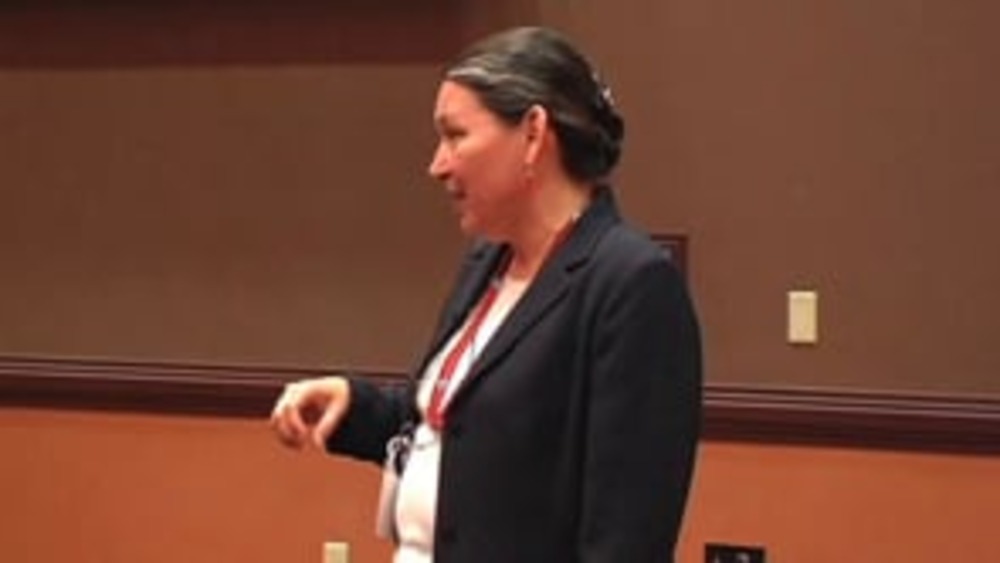
Theresa M. Pouley: Reclaiming and Reforming Justice at Tulalip
Tulalip Tribal Court Chief Judge Theresa M. Pouley shares the long-term, positive effects of the Tulalip Alternative Sentencing Program on the Tulalip tribal community.
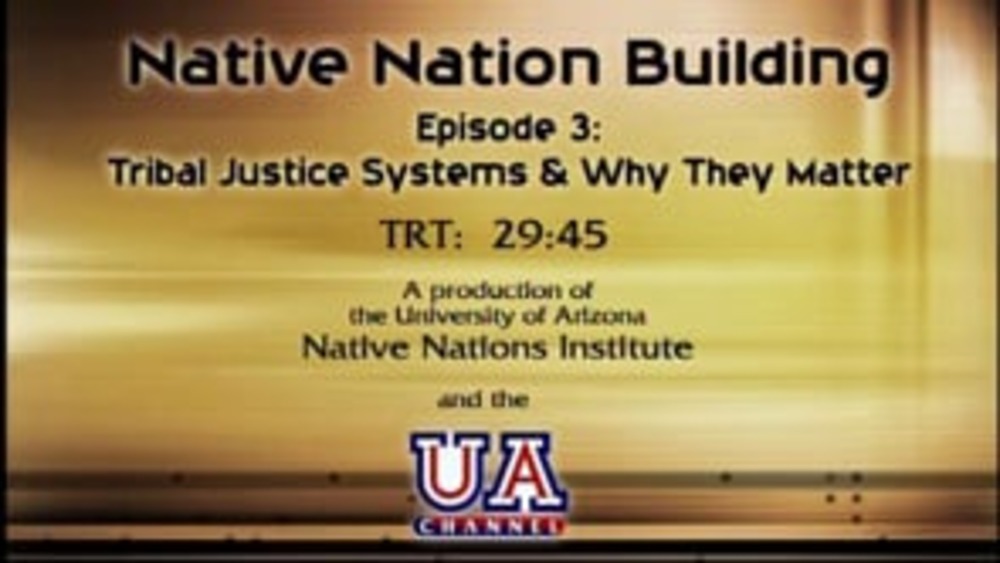
Native Nation Building TV: "Why the Rule of Law and Tribal Justice Systems Matter"
Guests Robert A. Williams, Jr. and Robert Yazzie discuss the importance of having sound rules of law and justice systems, and examine their implications for effective governance and sustainable economic development. They explore these issues and their role in creating a productive environment that…

Native Nation Building TV: "Building and Sustaining Tribal Enterprises"
Guests Lance Morgan and Kenneth Grant explore corporate governance among Native nations, in particular the added challenge they face in turning a profit as well as governing effectively. It focuses on how tribes establish a regulatory and oversight environment that allows nation-owned enterprises…
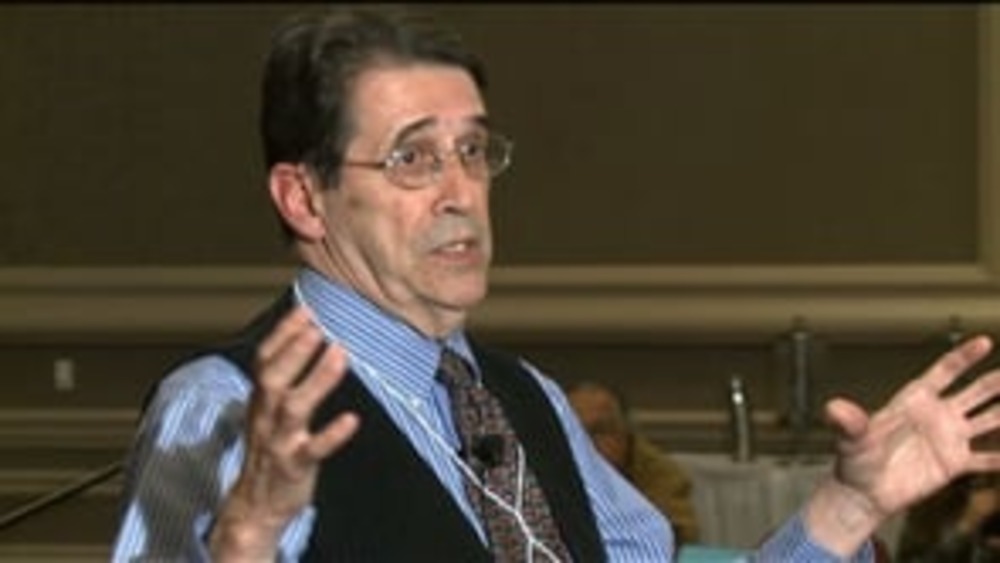
Frank Pommersheim: A Key Constitutional Issue: Dispute Resolution
University of South Dakota Professor of Law Frank Pommersheim discusses the key constitutional issue of dispute resolution and presents three cases demonstrating how tribes are endowing their constitutions with legitimacy through the careful, thoughtful resolution of disputes.
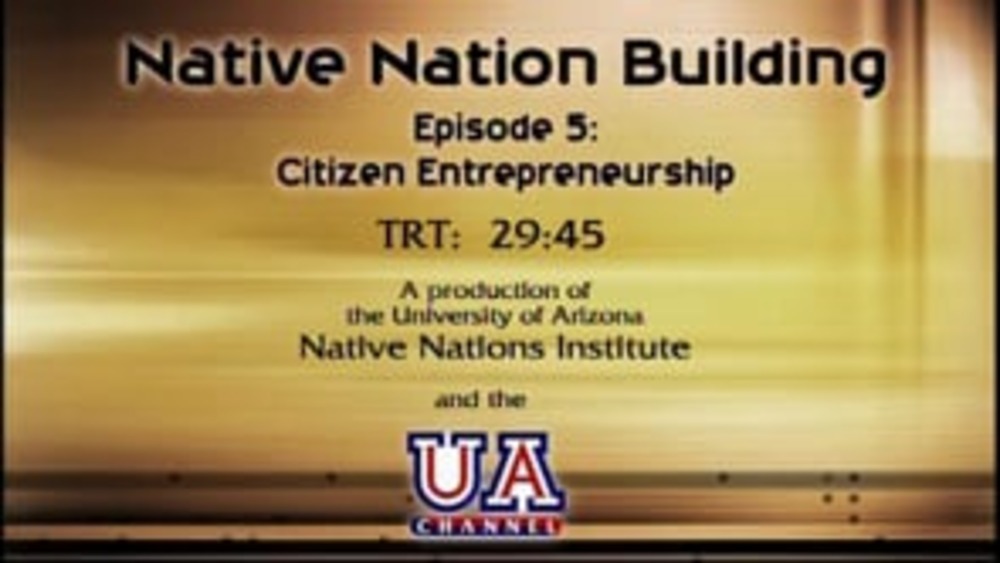
Native Nation Building TV: "Promoting Tribal Citizen Entrepreneurs"
Guests Joan Timeche and Elsie Meeks examine the pivotal role that citizen entrepreneurs can play in a Native nation's overarching effort to achieve sustainable community and economic development. It looks at the many different ways that Native nation governments actively and passively hinder…
NNI Forum: Tribal Sovereign Immunity
Tribal sovereign immunity has far-reaching implications, impacting a wide range of critical governance issues from the protection and exertion of legal jurisdiction to the creation of a business environment that can stimulate and sustain economic development. Native Nations Institute (NNI) Radio…
Joseph P. Kalt: Sovereign Immunity: Walking the Walk of a Sovereign Nation
Harvard Project on American Indian Economic Development Co-Director Joseph Kalt discusses what sovereign immunity is and what it means to waive it, and share some smart strategies that real governments and nations use to waive sovereign immunity for the purposes of facilitating community and…
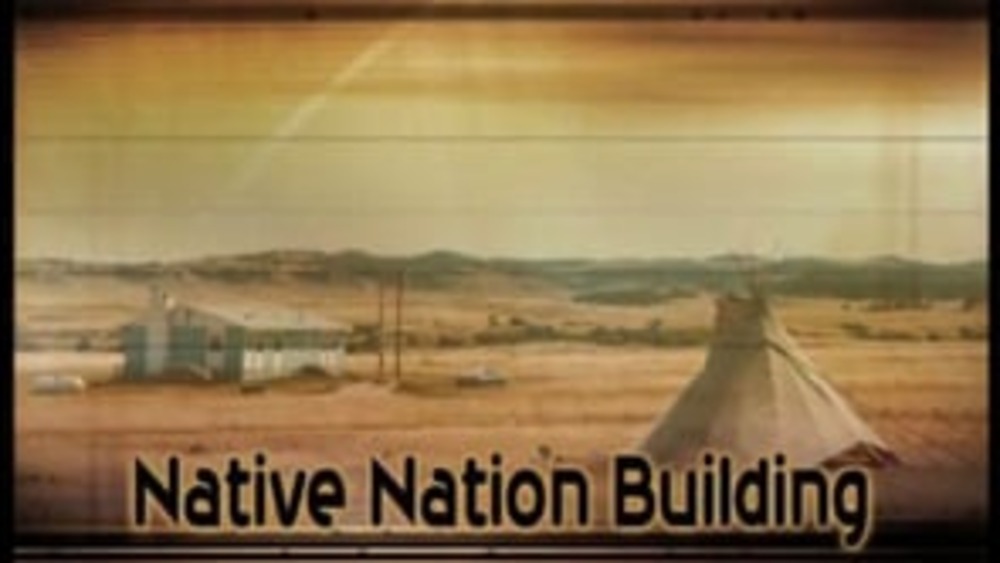
Native Nation Building TV: "Introduction to Nation Building"
Guests Manley Begay and Stephen Cornell present the key research findings of the Native Nations Institute and the Harvard Project on American Indian Economic Development. They explain the five keys to successful community and economic development for Native nations (sovereignty or practical self-…
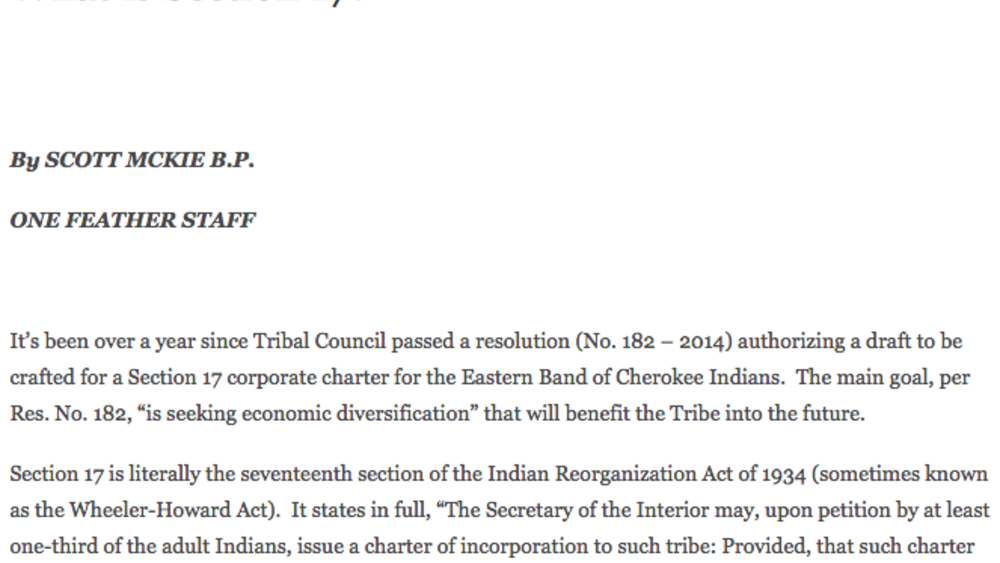
What is Section 17?
It’s been over a year since Tribal Council passed a resolution (No. 182 — 2014) authorizing a draft to be crafted for a Section 17 corporate charter for the Eastern Band of Cherokee Indians. The main goal, per Res. No. 182, “is seeking economic diversification” that will benefit the Tribe into the…
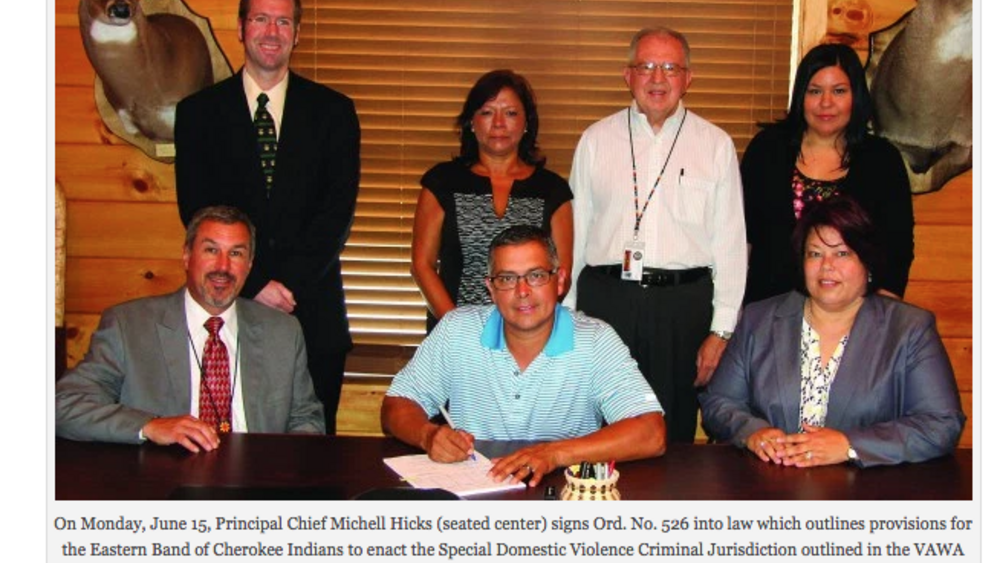
Tribe asserts DV jurisdiction over non-Indians
The U.S. Department of Justice has reported that American Indian women “are more than 2.5 more likely to be raped or sexually assaulted than women in the USA in general”. The DOJ also reports, per its Bureau of Justice Statistics, that at least 70 percent of the “violent victimizations experienced…
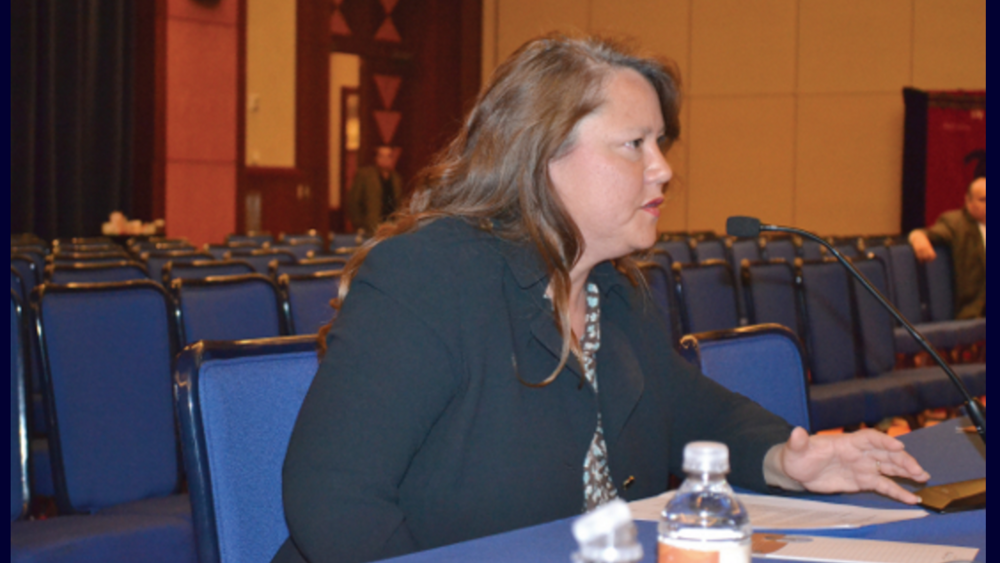
Tribal General Welfare Exclusion Act Signed into Law by Obama
On Friday, September 26, 2014, President Barack Obama signed H.R.3043, the "Tribal General Welfare Exclusion Act of 2014," into law. The law puts tribes on the same level as states and the federal government when it comes to taxation of general welfare programs. Specifically, H.R. 3043 excludes…
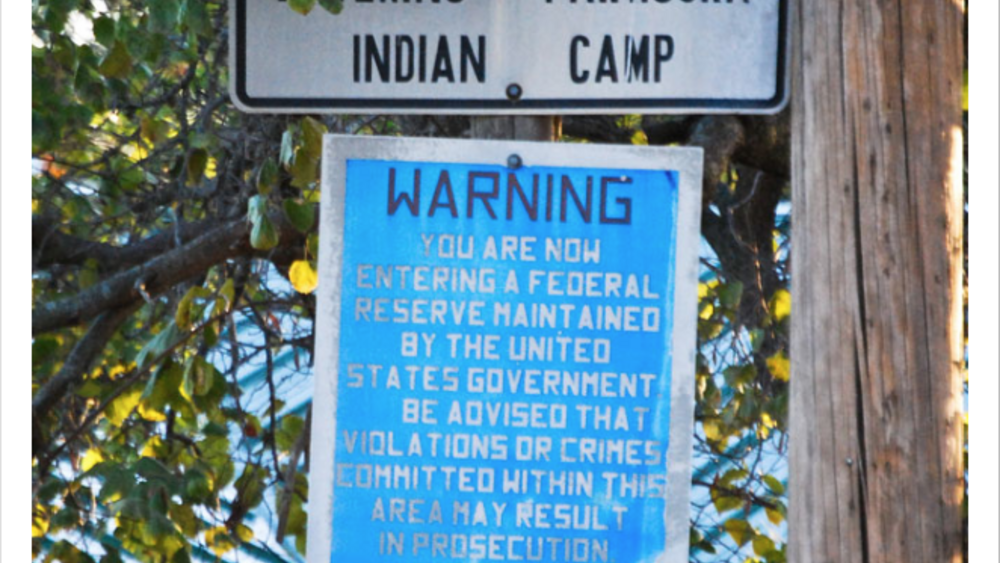
ON Congress passes five-year banishment bill targeting convicted drug dealers
Dangerous drug dealers convicted in the Osage Nation tribal court system are now subject to a mandatory minimum five-year banishment from the Nation’s jurisdiction. The Fourth ON Congress passed a bill (ONCA 15-31 sponsored by Congressman RJ Walker) on April 20 with a 7-4 vote putting the five to…
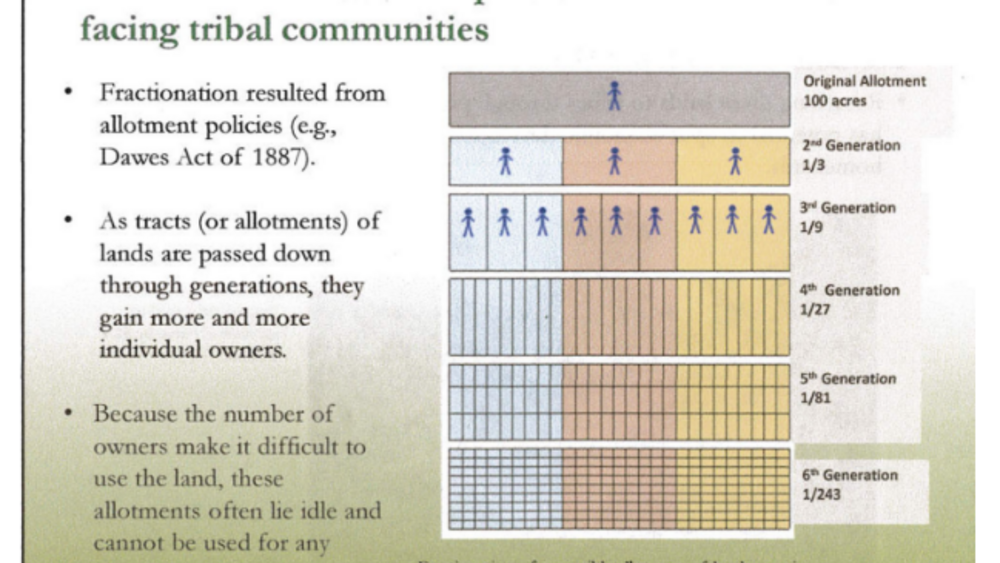
Osage Nation to receive $7.4 million in Cobell Land Buy-Back program
The Land Buy-Back Program for Tribal Nations has come to the Osage and the federal government is proposing $7.4 million to buy back fractionated land interest from individual tribal members. According to tribal development and land acquisition director Bruce Cass, who is working with Osage attorney…
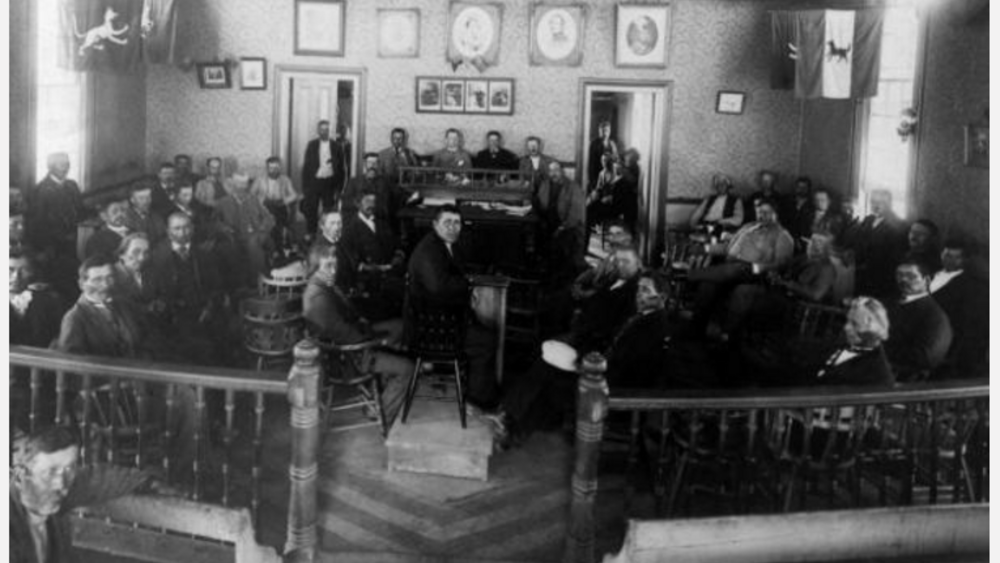
Political Autonomy and Sustainable Economy
A unique attribute of Indian political ways was noted early on by colonial observers. Indians, Indigenous Peoples more generally, were engaged in everyday political action as full participating community members. Every person had the right to be heard. Decisions were made through discussion and…

Oglala Sioux Tribe to issue IDs at tournament
For the first time in its history the Oglala Sioux Tribe will bring its enrollment office to the public. During this year’s Lakota Nation Invitational in Rapid City the tribe will have a booth set up to issue tribal IDs to enrolled members who may not have the opportunity to travel to Pine Ridge…
Pagination
- First page
- …
- 5
- 6
- 7
- …
- Last page
